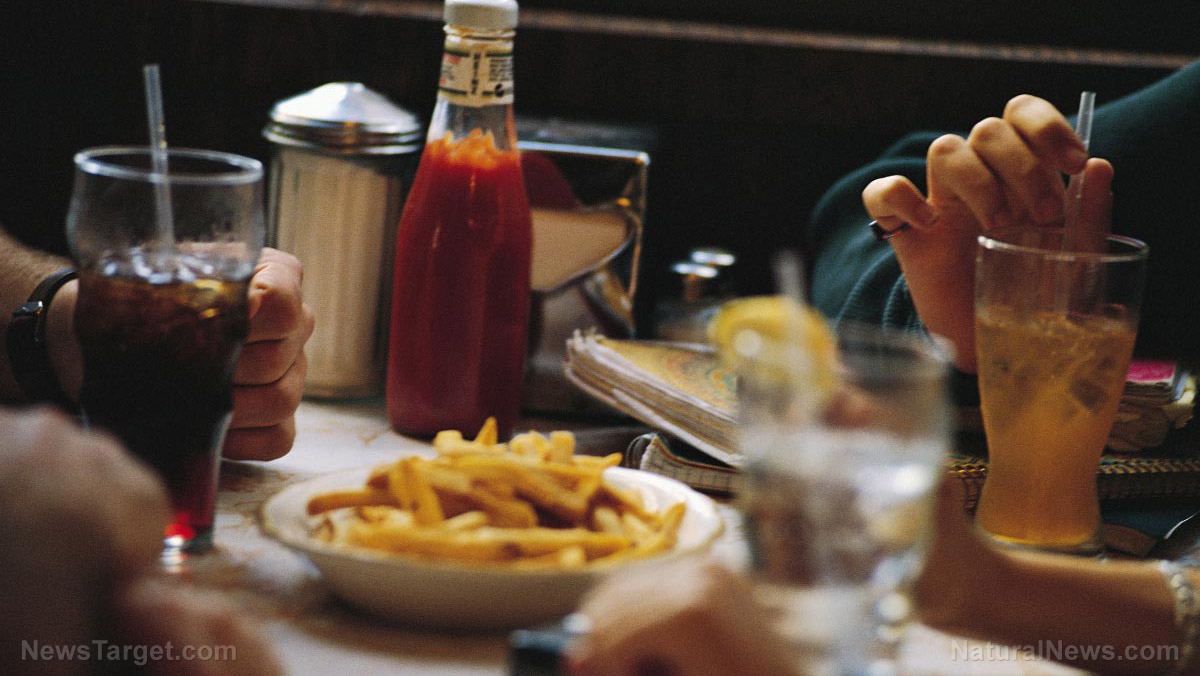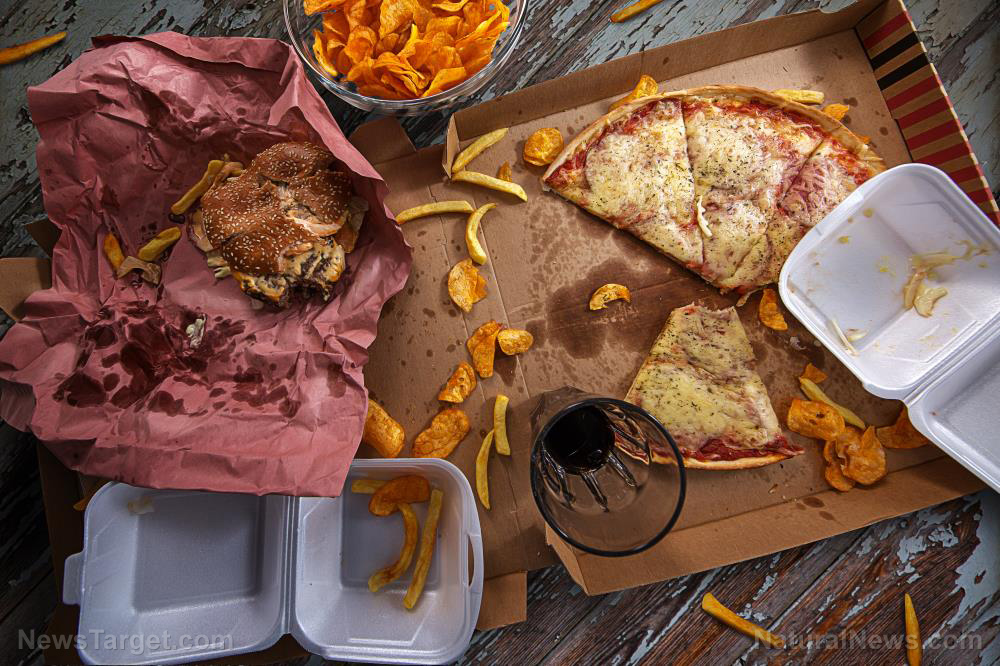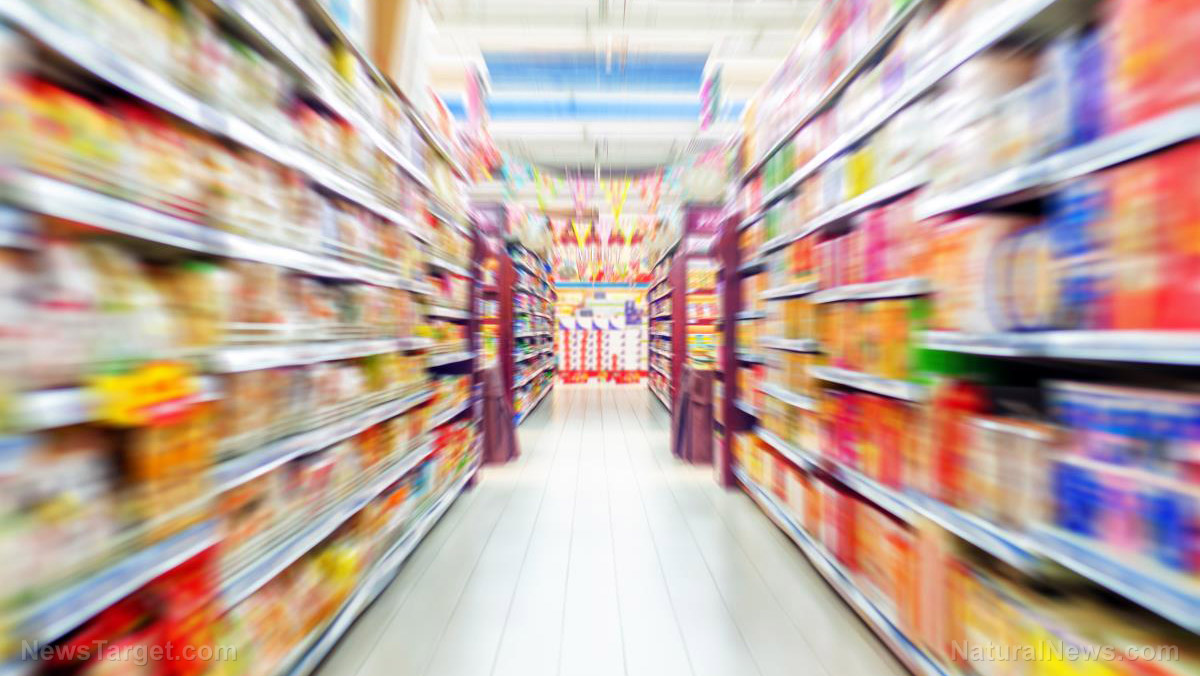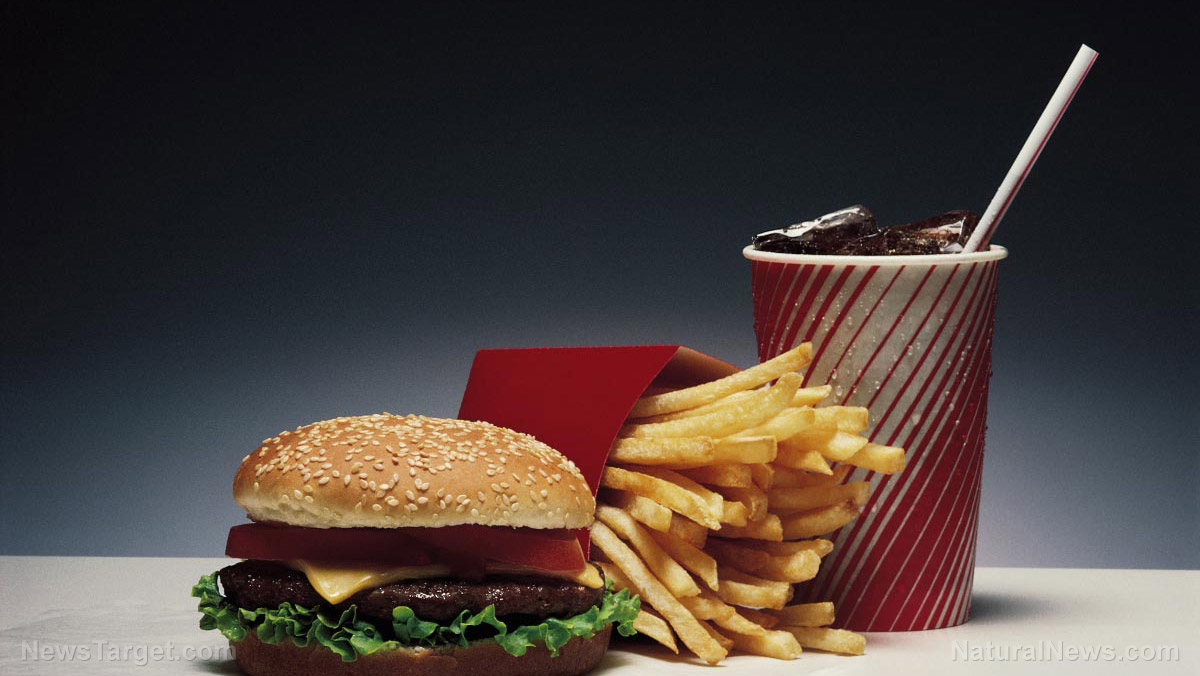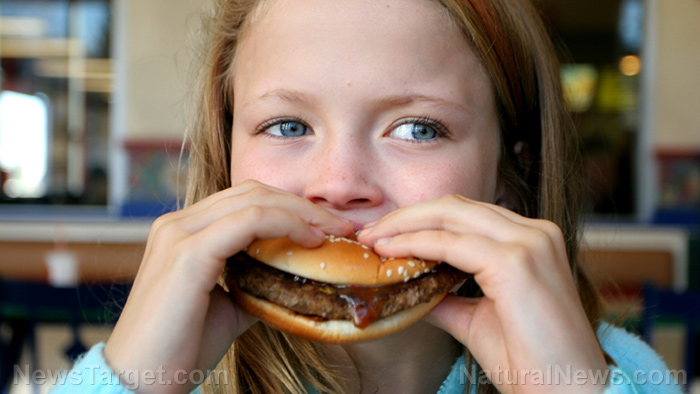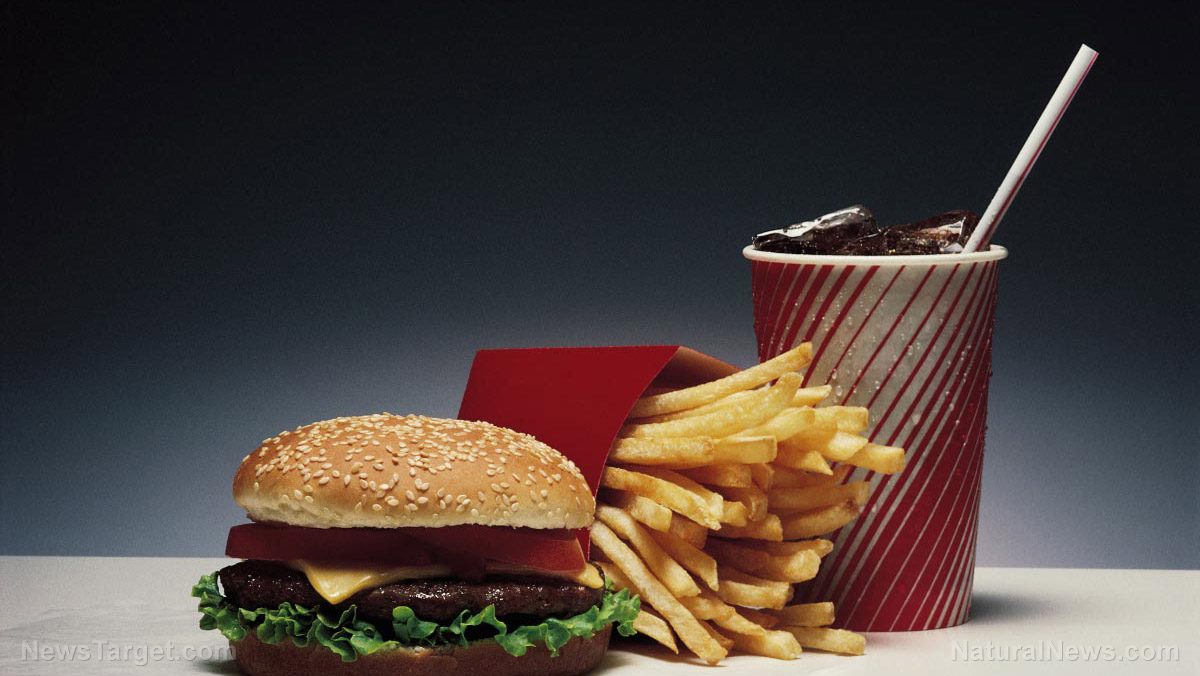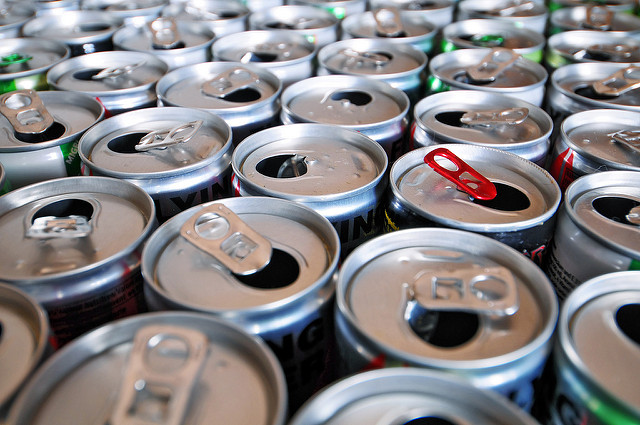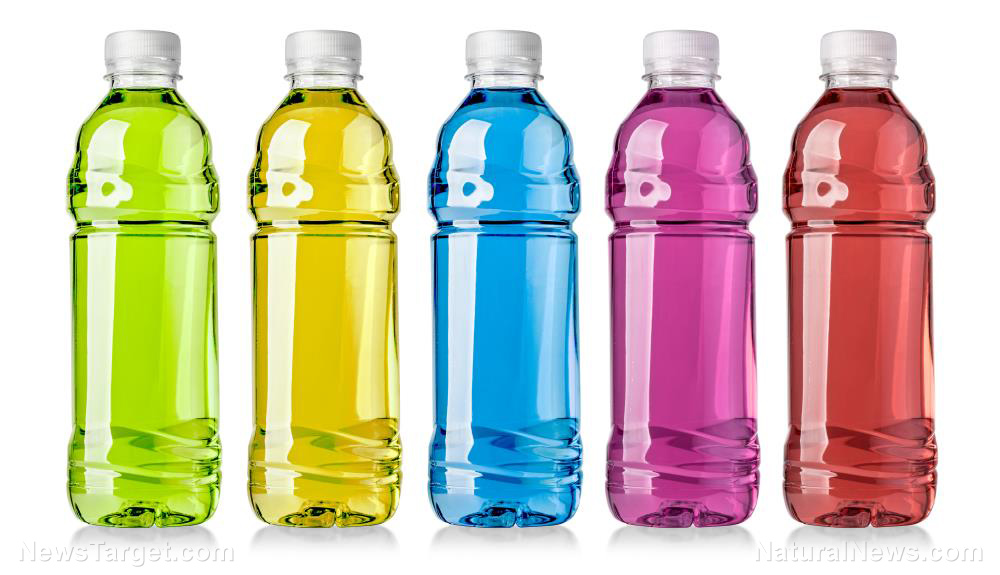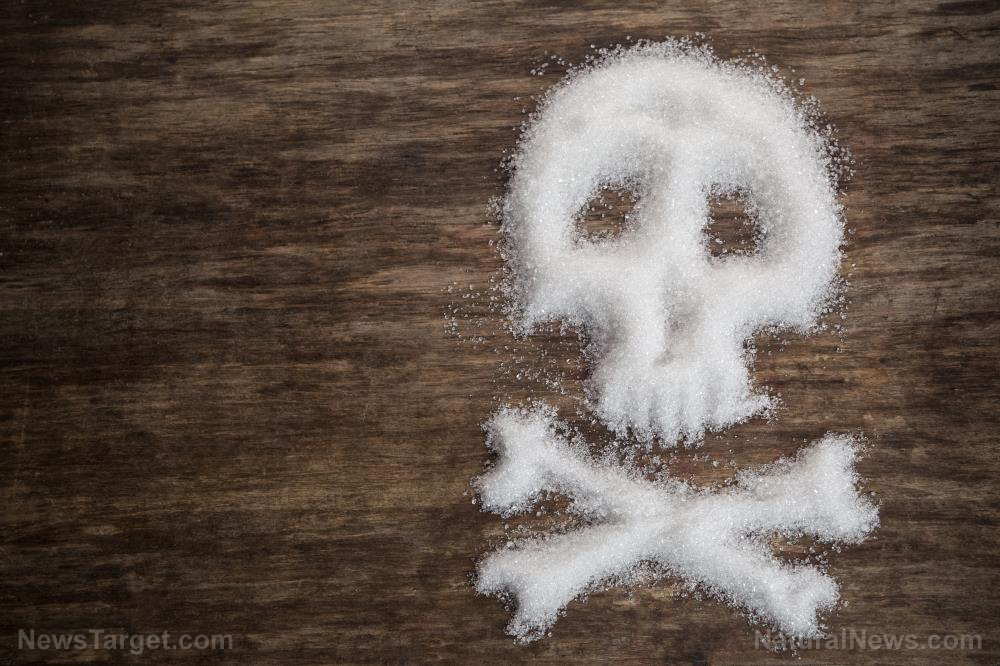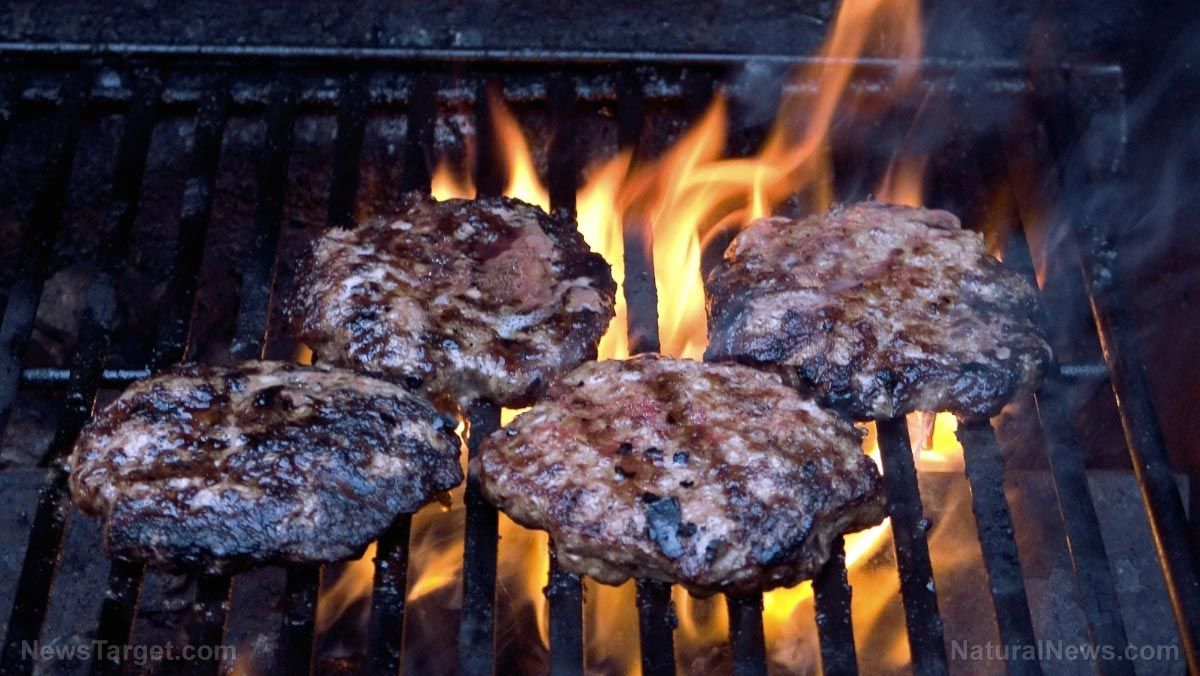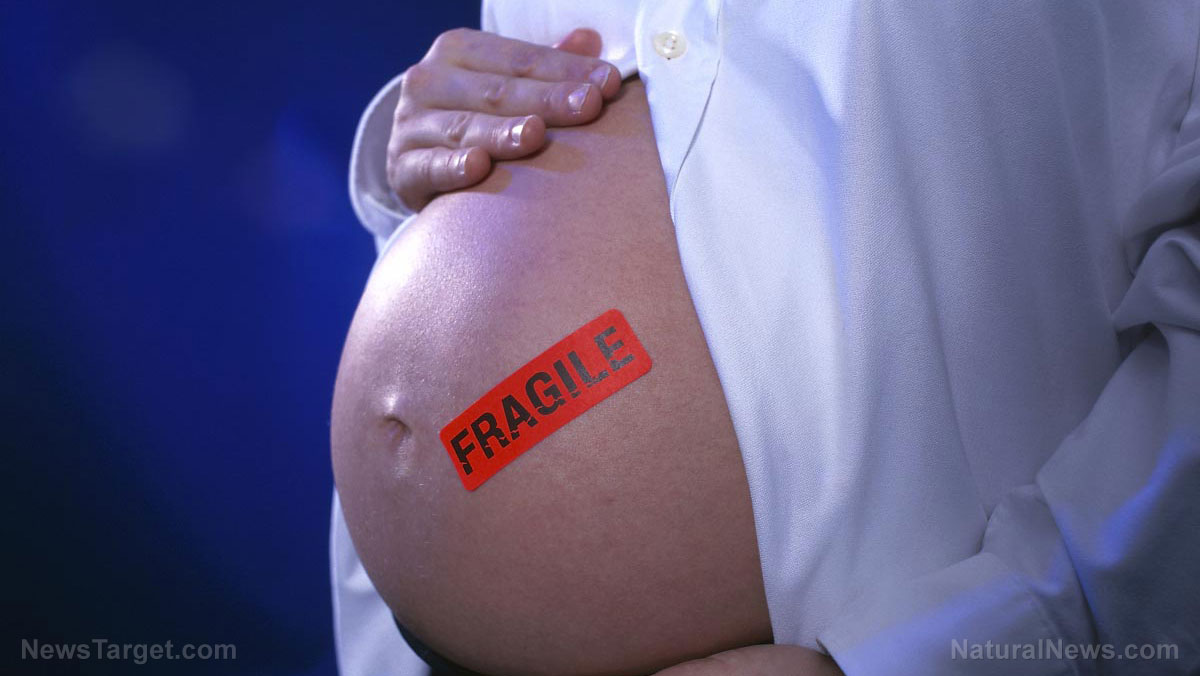Eating out is expensive for your health as well as your pocketbook: It increases your exposure to dangerous chemicals
04/26/2018 / By Tracey Watson

There really is no doubt about it: Sometimes eating out just feels like a necessary indulgence. With the hectic pace of modern life, at times the idea of cooking dinner can feel like an insurmountable obstacle. Stopping at the drive thru on the way home or taking the family out to dinner might seem like a much easier, more fun alternative. Some people even insist that eating takeout costs less than cooking at home.
Is this really true though? Is fast food just an inexpensive, simple solution to a modern problem, or is it a costly mistake in terms of both your health and your pocketbook?
Multiple studies have shown conclusively that the fat and sugar in fast food are enough to take a massive toll on our health and should be a good enough reason to steer clear of it. Now, a new study by researchers from the University of California, Berkeley, and George Washington University, has found that eating out often – whether it be at restaurants, fast food joints or cafeterias – exposes you to another danger: phthalates.
What are phthalates and why are they a problem?
Phthalates are a huge class of chemicals that are used in virtually everything. Present in personal care items, packaging, fragrances, cosmetics and household cleaners, to name a few, a slew of studies have found several of these chemicals to have seriously negative health impacts. (Related: Phthalates should be avoided in personal care products.)
In the past few years, researchers have linked phthalates to asthma, attention-deficit hyperactivity disorder, breast cancer, obesity and type II diabetes, low IQ, neurodevelopmental issues, behavioral issues, autism spectrum disorders, altered reproductive development and male fertility issues.
That sounds like virtually every modern disorder plaguing society, doesn’t it? The massive increases in these conditions in recent decades starts to make sense when we consider just how pervasive phthalates have become in our environment. (Related: Learn more about dangerous chemicals lurking in our environment at Chemicals.news.)
Health-conscious people around the globe who are taking steps to minimize their exposure to these dangerous chemicals will be shocked to learn that according to the recent study, which was published in the journal Environment International, eating out increases phthalate consumption by a whopping 35 percent.
This is a real concern for Americans, because two-thirds of us eat at least one of our meals outside the home each day.
“Pregnant women, children and teens are more vulnerable to the toxic effects of hormone-disrupting chemicals, so it’s important to find ways to limit their exposures,” Julia Varshavsky, of the University of California, San Francisco, noted in a press release. “Future studies should investigate the most effective interventions to remove phthalates from the food supply.”
Interestingly, this increase does not only occur in people who regularly eat take out food that is served in disposable packaging. What many of us don’t realize is that even food from restaurants and cafeterias contains phthalates because kitchen gloves, food processing equipment and other items are hidden sources of these chemicals. And, at the end of a delicious meal we don’t leave the leftovers behind; we box them up and take them home. Phthalates in those containers leach into the food before we get a chance to eat it.
The solution
It may require more energy and not always be as much fun, but preparing delicious meals at home really is the better way to go. As the study’s senior author, Ami Zota, noted, “Preparing food at home may represent a win-win for consumers. Home-cooked meals can be a good way to reduce sugar, unhealthy fats and salt. And this study suggests it may not have as many harmful phthalates as a restaurant meal.”
And for those who believe that eating junk food is cheaper than eating at home, here’s a sobering thought: In the long-term, medical treatment and chronic medication will cost a lot more than preparing healthy meals at home.
Sources include:
Tagged Under: cafeteria food, dangerous chemicals, disease causes, eat at home, fast food, food, phthalates, restaurants, takeout, toxic chemicals

